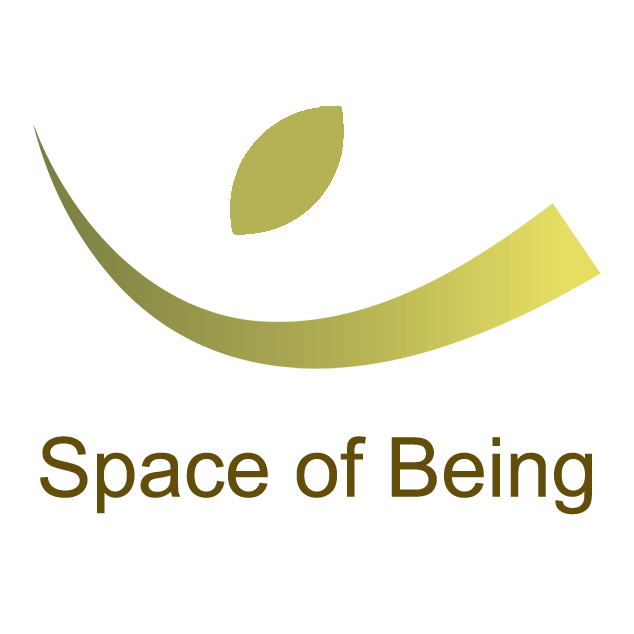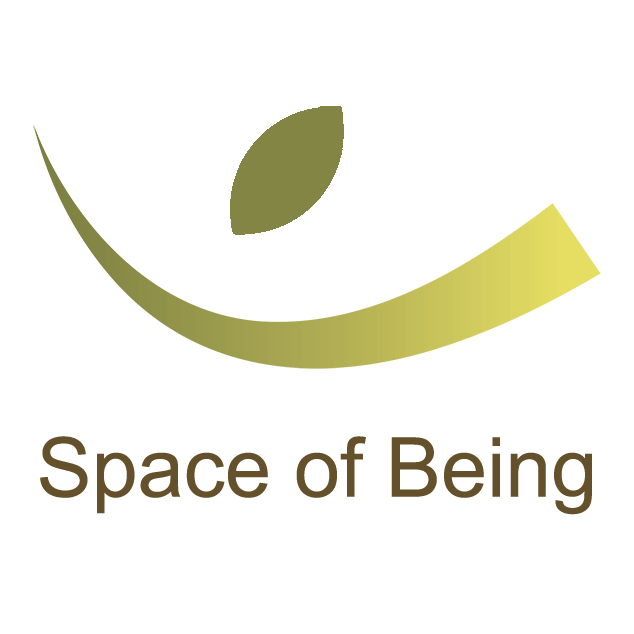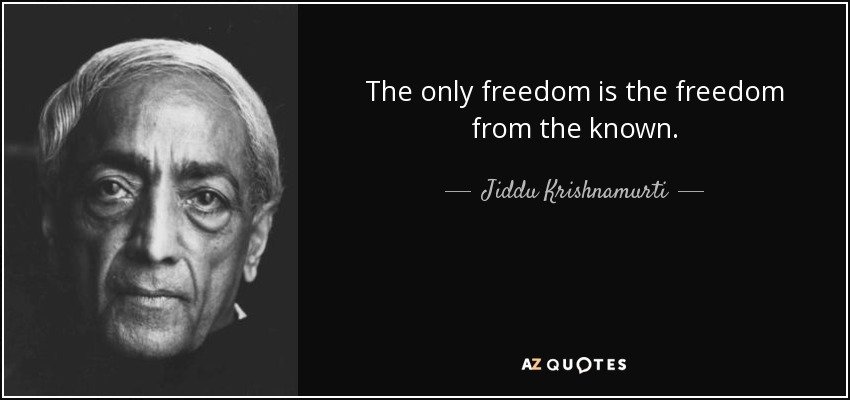Freedom from the Known – Living life as if for the first time
Out at sea, the dawn wind
Wrinkles and slides. I am here
Or there, or elsewhere. In my beginning.
(T.S. Eliot – Extract from Four Quartets)
Have you ever experienced yourself as if for the first time? Free of assumption, expectation, and habit? As if you’ve grown a new skin or a dormant part of your brain has been ignited? Free, in an instant, from a million layers of conditioning and history?
Perhaps you experience what Jiddu Krishnamurti calls a Freedom from the Known, when you plunge, breathless, into cold water, or if you surf the crest of a perfect wave. Maybe you experience this newness, when a piece of music fills you up entirely – as if the whole of you and not only your ears are receptive to sound? Or maybe you surprise yourself with a flurry of written words on a blank page – words that seem to have nothing to do with you or your capability. Possibly this freshness, this aliveness, is what you seek from a Yoga class, or in fact any kind of class that explores and refines the body-mind relationship.
The possibilities for finding freedom from the known are endless.
Sometimes it can be a small thing that flips our perception of ourselves and of the world we are a part of. The older I become, the more I want to savour these moments – not to take them for granted, however tiny or insignificant they may seem.
One of these small things happened to me recently. I was at a training session in the Feldenkrais Method, lying on my back, listening to the instructions of the trainer. All she asked us to do, was to gently roll our heads to the right, feeling the distance between our right ear and shoulder as we did so. This is a movement that I would have normally taken for granted and enjoyed. It can feel soothing to gently roll the head to one side – it can feel like a soft massage across the back of the head and a delicate rotation of at least part of the spine.
Now, you may well say I need to get out more – and you’re probably right there - but what I sensed at that moment, entirely changed my perception of myself – not for ever, but at least for a while. Out of the blue, without expectation, I felt a spiralling movement - vivid and molten – all the way from my right shoulder down to my left hip. A diagonal spiral which moved across my whole torso. In that moment, I experienced myself as if for the first time – freshly acquainted with a self I’d been with for nearly 60 years and frankly, was beginning to find dull and predictable.
Living a life of habit – in body and mind – can maybe feel familiar and safe. And why wouldn’t we want that sense of security – especially at a time when our lives on this planet, and the life of the planet itself, feel increasingly unpredictable and insecure? Surely, we want to reach for any safety blanket of habit that is close to hand! But have you ever noticed how circular most of your thinking is – that coming around of the same thoughts, the same reactions, maybe the same physical niggles and pains in the body? Do you never bore yourself with your lack of freedom and lack of imagination? Have you ever noticed that you sometimes feel lethargic, dull, exhausted? I hear a lot of people complain of all these experiences – and more. I feel them too! Of course, most of us don’t feel dull and tired as dirty dishwater all of the time - and yet it is helpful to wake up to how much we may limit ourselves by being entrenched in the Same Old. More so than we perhaps assume.
This is why I want to pay a little more attention to the small things that feel like a revolution in perception – a freshness in relationship with our bodies, our minds, our worlds.
~~~
The Whole Self
I was recently chatting to Jeff Haller – a truly great Feldenkrais practitioner, based in Seattle - who I mentioned in my earlier blog. (https://spaceofbeing.co.uk/blog/dancing-with-the-brain-open-and-curious-to-body-and-mind-in-yoga-amp-feldenkrais).
I understand both Yoga and Feldenkrais to be enquiries in Self Awareness. But part of my steep learning curve during my Feldenkrais training, has been that the word Body is not used in the lessons - something that is proving difficult to me after years of teaching Yoga. I had therefore wanted to understand more about the problem with using the word Body and a little more of what Moshe Feldenkrais means when he refers to the Whole Self in his teachings.
With the method itself (through Awareness Through Movement and Functional Integration), and when Feldenkrais wrote and talked about the Whole Self , he was, in Jeff’s words, attempting to disappear any sense of separation between the individual’s sensory motor experience (the body) and the surrounding environment. We form a sense of Self in relation to how we interact with the world. And so, to describe experience, movement, intention, in terms of the Body only, would forget the extent of the interconnection between self and world.
This dissolving of boundaries is what I understand to be the very meaning of Yoga (from the Sanskrit root Yuj meaning to join, to connect). But I suppose in Yoga, the use of the Body is generally understood as an access point to this Whole Self, rather than as block, or impediment to this very experience. I’m sure I’ll write more about this another time when I become clearer.
But there was something else related to Feldenkrais’ fascination in the experience - and evolution - of the Whole Self - that excites me more than the Body issue. Feldenkrais understood that it was possible – at a neurological and muscular level – to find a place, a moment, from which experience could be from a point of origin - a blank slate. In his lessons, Feldenkrais brings us to a point at which our whole nervous, skeletal, muscular system is organised in such a way as to bypass habit, to shed our layers of conditioning and history. In such a way, we become capable of acting from a source of infinite, uncharted potential for movement, for response, for action. We can act and respond to the world with more potential at our fingertips or our neurological tips, than we thought possible. This, for Jeff Haller, is the essence of the Feldenkrais method. Any therapeutic benefits to body and mind are, for him, a by-product of this essential search for fresh beginnings, unhampered by expectation, self-limiting beliefs and assumptions around what’s possible.
Needless to say, Feldenkrais had a whole shelf of Krishnamurti’s books in his house – books in which Krishnamurti talks impatiently and passionately about the limitations and distortions of the human self, brought about by being stuck by our conditioning and history.
Here are a few of Krishnamurti’s words to make the point -
“But how can we be free to look and learn when our minds from the moment we are born to the moment we die are shaped by a particular culture in the narrow pattern of the ‘me’? For centuries we have been conditioned by nationality, caste, class, tradition, religion, language, education, literature, art, custom, convention, propaganda of all kinds, economic pressure, the food we eat, the climate we live in, our family, our friends, our experiences – every influence you can think of – and therefore our responses to every problem are conditioned.”
Vitally, for both Krishnamurti and Feldenkrais, we have the choice to let go of the burdens of physical-mental conditioning and to learn afresh how to be ourselves by opening entirely to the potential of the unknown. This is nothing less than living a revolution in each moment.
That little roll of my head to the right and the molten spiral diagonally across my body is a small revolution of the kind that Feldenkrais was talking about. I can but hope that the rest is simply to come!
To end, here is an extract from Merlin Sheldrake’s Entangled Life which I believe speaks to the content of this blog:
“A friend of mine, the philosopher and magician David Abram, used to be the house magician at Alice’s Restaurant, in Massachusetts (made famous by the Arlo Guthrie song). Every night he passed around the tables; coins walked through his fingers, reappeared exactly where they shouldn’t, disappeared again, divided in two, vanished into nothing. One evening, two customers returned to the restaurant shortly after leaving and pulled David aside, looking troubled. When they left the restaurant, they said, the sky had appeared shockingly blue and the clouds large and vivid. Had he put something in their drinks? As the weeks went by, it continued to happen – customers returned to say the traffic had seemed louder than it was before, the streetlights brighter, the patterns on the sidewalk more fascinating, the rain more refreshing. The magic tricks were changing the way people experienced the world.
David explained to me why he thought this happened. Our perceptions work in large part by expectation. It takes less cognitive effort to make sense of the world using preconceived images updated with a small amount of new sensory information than to constantly form entirely new perceptions from scratch. It is our preconceptions that create the blind spots in which magicians do their work. By attrition, coin tricks loosen the grip of our expectations about the way hands and coins work. Eventually, they loosen the grip of our expectations on our perceptions more generally. On leaving the restaurant, the sky looked different because the diners saw the sky as it was there and then, rather than as they expected it to be. Tricked out of our expectations, we fall back on our senses. What’s astonishing is the gulf between what we expect to find, and what we find when we actually look.”
(Merlin Sheldrake. Entangled Life: How Fungi Make Our Worlds, Change Our Minds And Shape Our Futures; 2020: 15-16)


